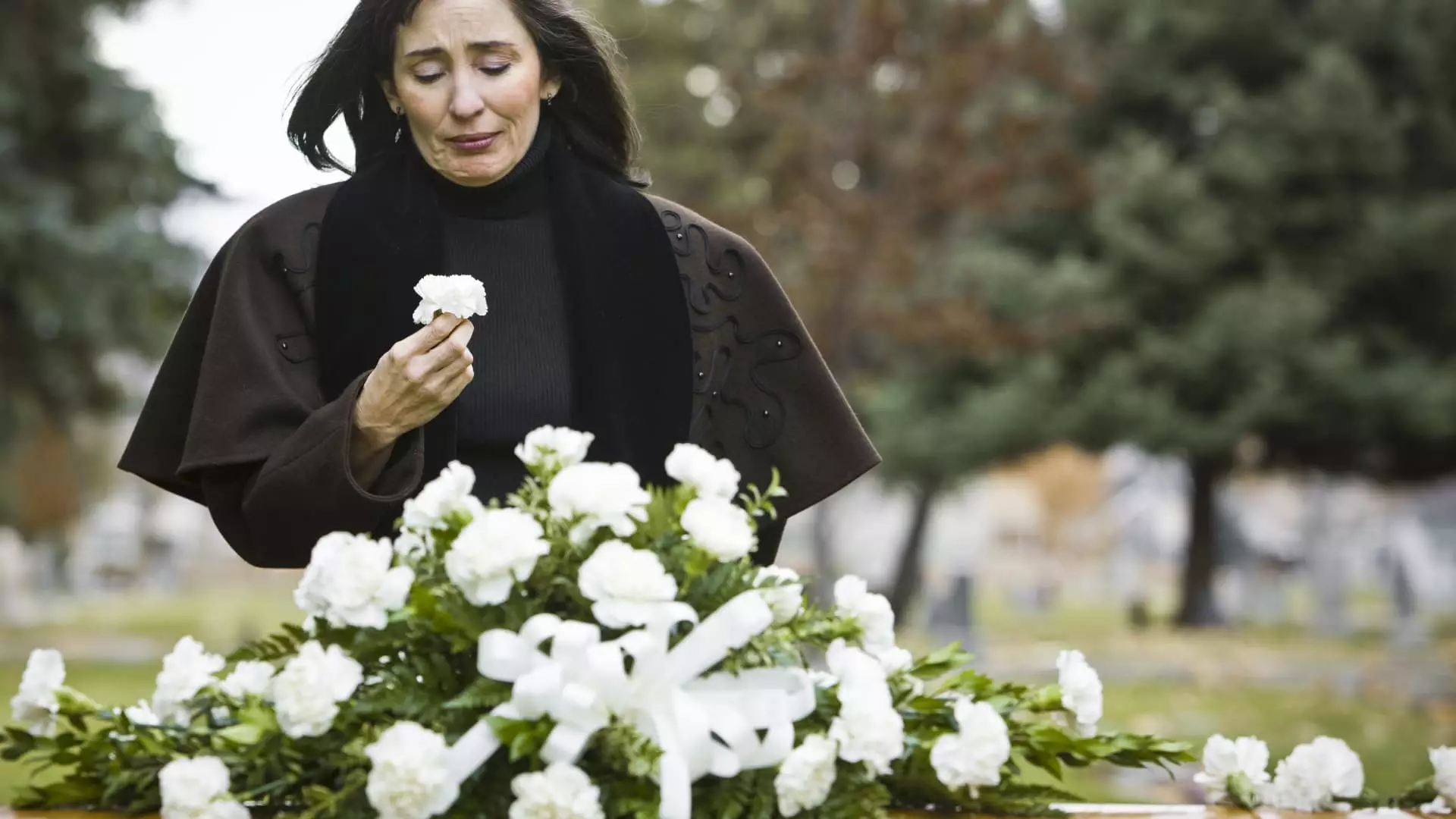Losing a spouse is undoubtedly one of life’s most profound tragedies. The emotional implications are coupled with an unexpected financial burden that few anticipate. Widows and widowers often grapple with what is commonly referred to as the “survivor’s penalty.” This term encapsulates the harsh reality faced by surviving spouses who suddenly find themselves in a much heavier tax situation after their partner passes away. Instead of the comforting illusion of a joint tax return, this new phase requires the grieving spouse to navigate the murky waters of single filing—a transition that can lead to significantly higher tax payments and Medicare premiums.
The Shock of Financial Adjustments
It is nothing short of a bitter pill to swallow: after the devastating emotional toll of losing a partner, many are blindsided by the financial realities that follow. As an illustration, let’s consider Ed Slott’s observations on the subject: individuals often move from the perceived ease of married filing jointly, enjoying larger deductions and favorable tax brackets, to the constricting landscape of single filing. The numbers speak volumes—while married couples may enjoy a deduction of $30,000, single filers see that amount halved to a mere $15,000. This stark contrast isn’t just a detail lost in the pages of tax code; it directly impacts a widow’s or widower’s ability to regain their financial footing in a post-loss world.
The Gendered Nature of the Penalty
An essential aspect of this issue is the gender dynamic at play. Statistics reveal that women tend to outlive men, leading to a situation where many widows disproportionately face these burdens. The recent CDC figures indicate that women live, on average, 5.3 years longer than men. Slott’s term, “widow’s penalty,” highlights not just a financial shift, but also a deeply ingrained societal imbalance. Why should surviving spouses, particularly women, be punished financially for outliving their partners? The taxing system, often viewed as an impartial entity, ends up reinforcing outdated gender roles, making it imperative to rethink the implications of these policies on specific demographics.
Planning for a Rainy Day—Or Year
It’s crucial to underline the importance of preemptive financial planning. Experts assert that surviving spouses can mitigate some of the negative financial ramifications by being proactive. It may sound counterintuitive, but addressing potential tax burdens while both partners are alive could save a surviving spouse from the brunt of the tax implications post-loss. Through tax projections and strategic adjustments, couples can engage with financial advisors to explore ways to minimize the inevitable consequences.
As another strategist asserts, “You should be aiming to pay taxes while your rate is the lowest.” This mindset shifts the narrative about estate planning from mere paperwork to a fundamental consideration of how to treat loved ones financially in death as well as in life.
Retirement Accounts: A Double-Edged Sword
Among the financial considerations that widows face is the inherited pre-tax individual retirement account (IRA). The larger the IRA, the greater the tax problem. Although inheriting a spouse’s IRA seems like a blessing, it can paradoxically serve as a financial burden. Surviving spouses are often presented with a daunting decision: whether to withdraw funds earlier to smooth out future tax liabilities. This predicament adds another layer to the grieving process, transforming what should be a time for healing into a maze of financial stress.
Exploring Opportunities Amid Adversity
Yet, where there are challenges, there are also opportunities. Financial advisors often suggest Roth conversions during the tax year of a spouse’s death as a strategy to bring about long-term relief. The transfer of funds from pre-tax accounts to a Roth IRA could pave the way for tax-free growth—arguably a small silver lining in what can feel like a stormy financial context.
This strategy epitomizes resilience: it’s about leveraging the existing system, not just enduring it. Finding that balance is essential for those who suddenly find themselves questioning their financial future, and importantly, their ability to provide for themselves without the support of a partner.
In a society where financial literacy is often shunned, the discussion surrounding widowhood and taxes must be elevated. Awareness is the first step toward action, and through open discussions about these topics, we better equip ourselves—and our loved ones—to face the unavoidable hardships that life brings.

